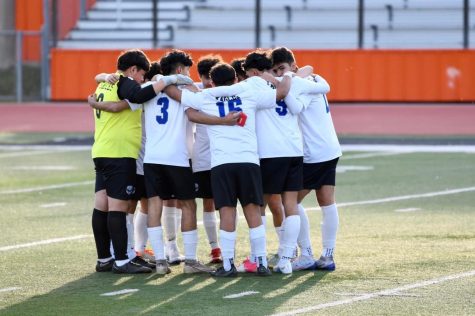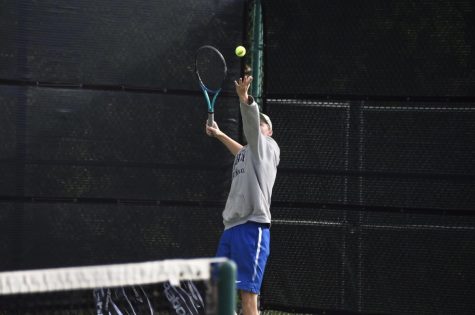Help Wanted
Teachers lack time to fulfill responsibilities in growing classes
Due to a recent hiring crisis around the U.S., schools are finding themselves in search of teachers. With a shortage of staff, teachers on the job find themselves with too little time and too many responsibilities.
May 20, 2022
According to the U.S. Department of Education, a teacher shortage sweeps the nation as teachers leave for higher paying jobs and fewer people are joining the field. Some organizations are trying to solve the problem, such as the TEA. In recent weeks, Gov. Abbot ordered the TEA to create a “task force” to help investigate Texas’s teacher shortage. The same issue is present in Decatur, and while it helps to be a small town, class sizes are still growing.
“I don’t know if we need more time – I think we need more teachers. If we could get class sizes down to a manageable number, the time would take care of itself. When I started at DHS eight years ago my big classes had 24-26; today at DHS my small classes have 26-28 and the big classes have 32+. Assuming I teach six classes each day – that growth means an additional 40+ students each day; but, the expectations to plan, grade, communicate with parents, and give feedback to students hasn’t changed,” Head of the Social Studies Department Jackie Lang said. “It’s difficult to balance it all.”
Students often aren’t aware of all the factors that make teachers’ time so limited. It’s easy for them to get frustrated when their assignments aren’t graded quickly or if their email hasn’t been responded to. While students have many responsibilities, teachers have 150+ students a day that they need to teach, multiple class sets of assignments to grade, and numerous other tasks to be completed during any given week.
“I don’t think there will ever be ‘adequate’ time [for grading and giving feedback]. Each year we have more students, and more students with diverse needs – but our schedules don’t change. The work is expected to be done in the same small time frame,” Lang said. “In terms of giving feedback – thankfully, I feel like we can do this during class to small groups of students and individually. It’s the grading that has to happen on our own time.”
Feedback is very important to the learning process, as it tells students how they can improve or what to relearn. But without it, their grade is just a number with little meaning to the student.
“Growing class sizes affect a couple of things: 1. The amount of grading for the teacher. Obviously this will make providing timely feedback more difficult. 2. Feedback becomes more general, less personal and directed to a specific person. 3. Larger class sizes impact how efficiently a teacher can work,” math Teacher Lindsay Griffin said. “Managing time, prioritizing tasks, and adjusting/modifying lessons, all becomes more difficult the larger the class sizes are.”
Every teacher has unique circumstances and methods of teaching, but most teachers share a similar experience: the focus of school has shifted to completing assignments rather than learning necessary skills.
“Less time spent on the ‘little stuff’ equals more time to give thorough, in-depth feedback for the ‘big’ assignments, and this extra time also would allow for students to have more opportunities to revise and rewrite or re-test,” English teacher Elizabeth Clark said. “After all, the goal of a test or an essay is for a student to demonstrate what they’ve learned, and if they do not do so the first time around after they have given their best, honest effort, isn’t it more beneficial for me to re-teach or re-visit those skills and give the student a chance to try again? The goal is for students to learn skills and prove this, not to completely ‘close the door’ on any given set of skills or concepts if the student doesn’t prove the very first time that they have learned them. If we don’t give them another chance..then when will they learn?”











